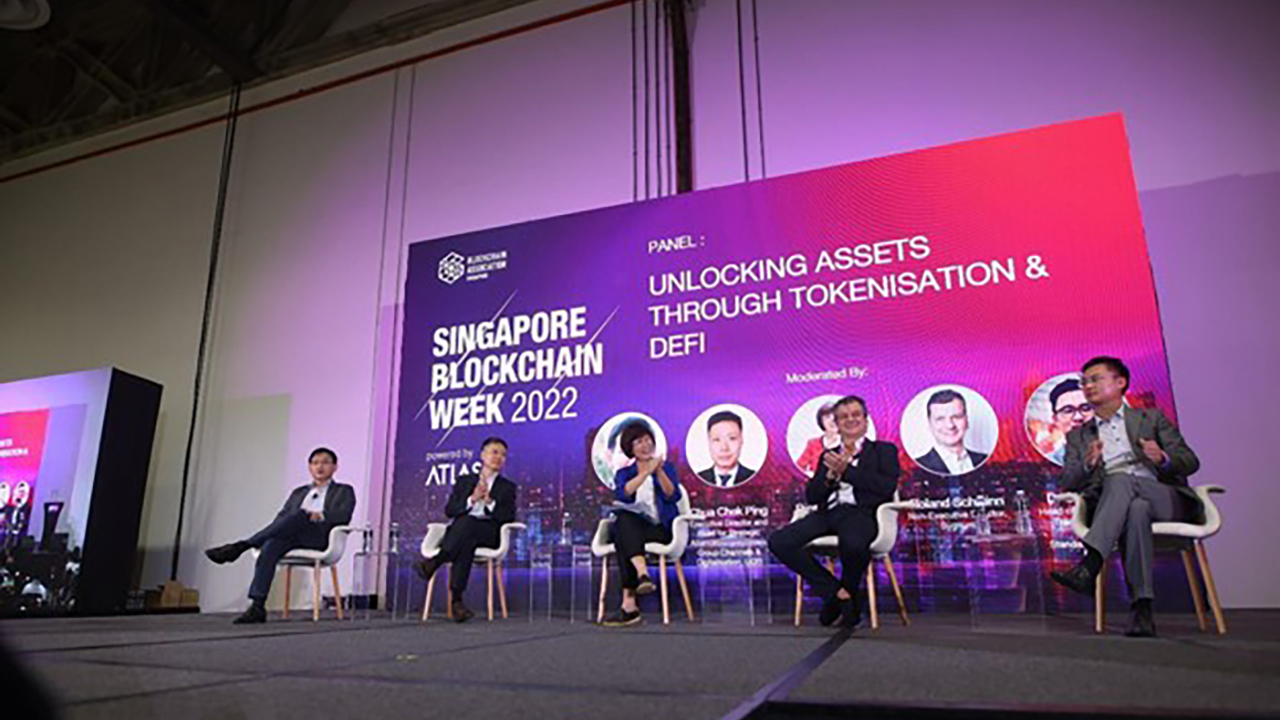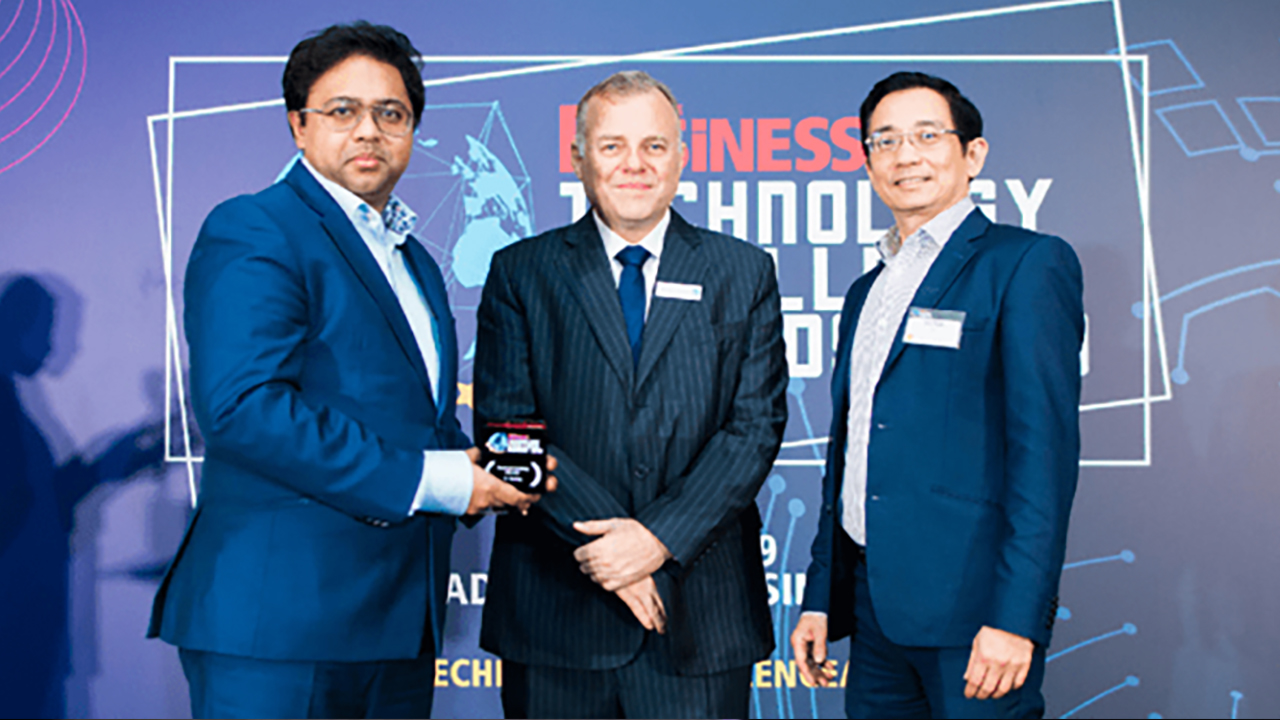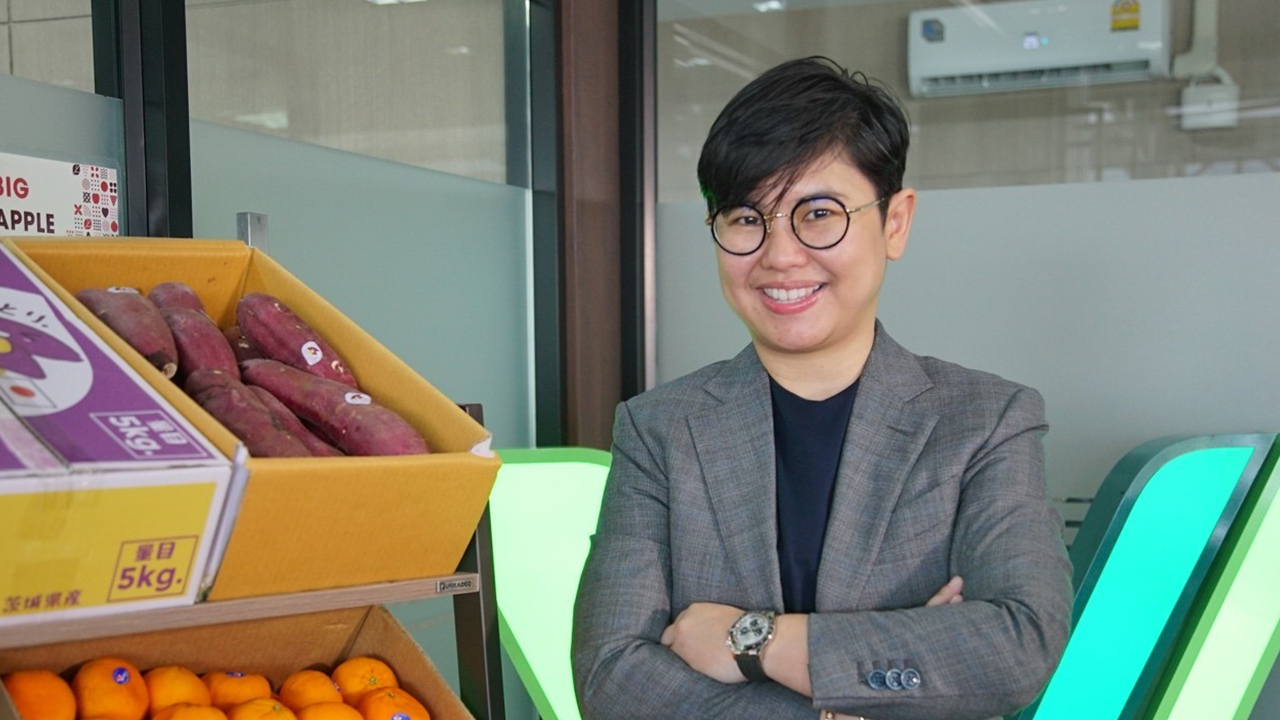In the ASEAN region, 74 per cent of small and medium enterprises (SMEs) want to scale. To do that, however, they need to reassess their business strategies against issues like COVID-19, increasing environmental and social problems, as well as recent supply chain concerns.
While digital transformation is an obvious way to strengthen a business, SMEs recognise the importance of sustainability. More than half of SMEs surveyed (60 per cent) are keen to integrate sustainability in their businesses, from implementing environmental, social, and governance (ESG) practices to standardising initiatives with the Singapore Green Plan 2030. Through concrete stretch targets over the next ten years, the plan marks Singapore's commitment to the UN's 2030 Sustainable Development Agenda and Paris Agreement and to reach net zero emissions as soon as possible.
What does sustainability look like for SMEs?
Over the years, corporate sustainability has evolved from a 'nice-to-have' to a 'must-have'. Today, corporate sustainability is no longer just about corporate social responsibility (CSR) programmes such as beach clean-ups. It has transformed into a holistic integration of environmental, social, and governance (ESG) factors to create strategic value for business and stakeholders. This expanded definition of sustainability speaks about a 'triple bottom line' - calling upon businesses to also manage, measure and value natural capital (such as resource efficiency and circularity, pollution prevention and control) and social capital (such as diversity and inclusion, human rights, community investments).
Two out of three SMEs now consider sustainability as an area of importance. More than half (52 per cent) of these SMEs consider improving energy, water, and resource efficiency a top focus area. These shifting priorities have prompted UOB to develop various green solutions for businesses that want to become more sustainable, which include but are not limited to U-Solar, U-Energy and U-Drive.

Many businesses recognise that sustainability is no longer just about CSR programmes and want to integrate sustainability at the core of their strategy and operations. Photo: Unsplash
The importance of sustainability for SMEs
We are now in the transition towards a green economy. For 51 per cent of Gen Zs (people aged 18 to 23 years old) and 61 per cent of Millennials (people aged 24 to 39 years old), sustainability is a crucial factor in their purchasing decisions.
Investors are also becoming more mindful of the social and environmental impacts of their portfolios. Many investors now integrate ESG criteria in their investment decision-making. 86 per cent of investors are looking to invest in companies with aggressive carbon reduction strategies or a low carbon footprint.
The rising trend of sustainability is also affecting the workplace. 60 per cent of employees choose which employer to work for based on personal beliefs and values, and many now prefer companies with a robust and actionable sustainability programme.
In Singapore, the government is taking the lead in decarbonising various industries. Decarbonisation is the act of reducing carbon dioxide emissions sustainably through the use of low carbon energy sources. Under the Singapore Green Plan 2030, SMEs play a critical role in the government's goal of achieving net zero emissions by making sustainability a core business priority. The key pillars of the plan, which heralds opportunities to contribute to sustainability, are: City in Nature, Sustainable Living, Energy Reset, Green Economy and Resilient Future.
As such, sustainability is causing a massive restructuring of the economy. SMEs now need to align themselves with policymakers, large corporations and other key players in the market that are driving the shift toward more sustainable choices and practices. Doing so will help SMEs improve their reputation, partner with multinational corporations to achieve ESG goals, and contribute toward an environmentally responsible business landscape in Singapore and the rest of the world.

Besides day-to-day recycling, there are systematic changes SMEs can make to become more sustainable, such as facilitating and enabling a circular economy. Photo: Unsplash
Achieving sustainability goals for SMEs
However, many businesses also admit that they face challenges when it comes to sustainability. Some commonly cited barriers are insufficient knowledge, upfront costs, and lack of support.
To bridge this gap, UOB has developed the UOB Sustainability Compass, an industry-first sustainability tool that helps companies overcome initial barriers in their green journey. The Sustainability Compass is a tool that provides a step-by-step guide through customised reports based on their sectors and sustainability readiness. From the report, decision-makers will also be made aware of key legislation and regulations, resources and grants impacting their sector.
There are further solutions that SMEs can access or adopt to achieve sustainability.
Sustainable financing
Fortunately, SMEs have support. If funding is an issue, sustainable financing is already available to facilitate green initiatives in businesses. For example, Mewah International Inc., one of the largest edible oils and fats businesses in Singapore, recently entered a financing agreement with UOB for US$25 million to obtain various sustainability-related certifications to support the sale of palm products.

Green Solutions can help SMEs achieve sustainability goals, such as UOB's U-Drive sustainable financing solution. Photo: Unsplash
Electric vehicles
While many businesses are considering electric vehicles for the daily transport of their staff, high upfront costs hinder them from implementing such a programme. To help SMEs get started, UOB rolled out the U-Drive sustainable financing solution, a scheme that offers flexible financing for electric vehicles and manageable upfront payments for charging equipment. The integrated solution links the electric vehicle value chain from automotive brand owners, car dealers and charging point operators to end-users, helping to drive green transportation in Singapore.
Energy efficiency
Businesses are also recognising the transition risks of climate change - such as the rising carbon tax that will be passed down to end-users of electricity. Embarking on energy efficiency initiatives would help businesses to reduce costs in the long run and do their part for climate change mitigation, especially as jurisdictions are looking to strengthen their carbon pricing mechanisms.
Changi Airport, Asia's busiest airport, is one of the largest electricity consumers in Singapore. To help reduce its utility bills, energy services firm Measurement & Verification availed of UOB's U-Energy service to cut the power usage of the airport's air-conditioning system by 15.8 gigawatt-hours (GWh). This translates to an estimated S$3 million in savings on utility bills per year.
U-Energy is Asia's first integrated financing platform that drives the development and adoption of energy efficiency projects for buildings across Singapore, Malaysia, Thailand and Indonesia. With U-Energy, the Bank helps businesses reduce electricity bills and carbon emissions and reach their sustainability goals.
Solar power
Shifting to solar power is another potential solution. In 2020, solar power producer LYS Energy Group received S$14 million under UOB's award-winning U-Solar programme to help drive the adoption of clean energy across industrial and commercial sectors in Southeast Asia. Launched in October 2019, U-Solar is Asia's first integrated solar energy platform that supports solar ecosystem players with end-to-end solutions. The platform simplifies the access to renewable energy for businesses in Singapore, Malaysia, Indonesia and Thailand.

Conclusion
Corporate sustainability is important for businesses to 'do well' yet 'do good' at the same time, benefiting people, planet and economy. Long-term value creation and stakeholder capitalism will help SMEs differentiate themselves and capture new growth opportunities in the new green economy. Businesses may face challenges in taking the leap toward sustainability, but the products and tools to ease the shift are already within reach.
With UOB's green and sustainable financing solutions, SMEs can embark on innovative sustainability-focused projects and initiatives and access sustainability partner networks, financing, and non-financial support. Visit our website today to learn more about our sustainability solutions.


